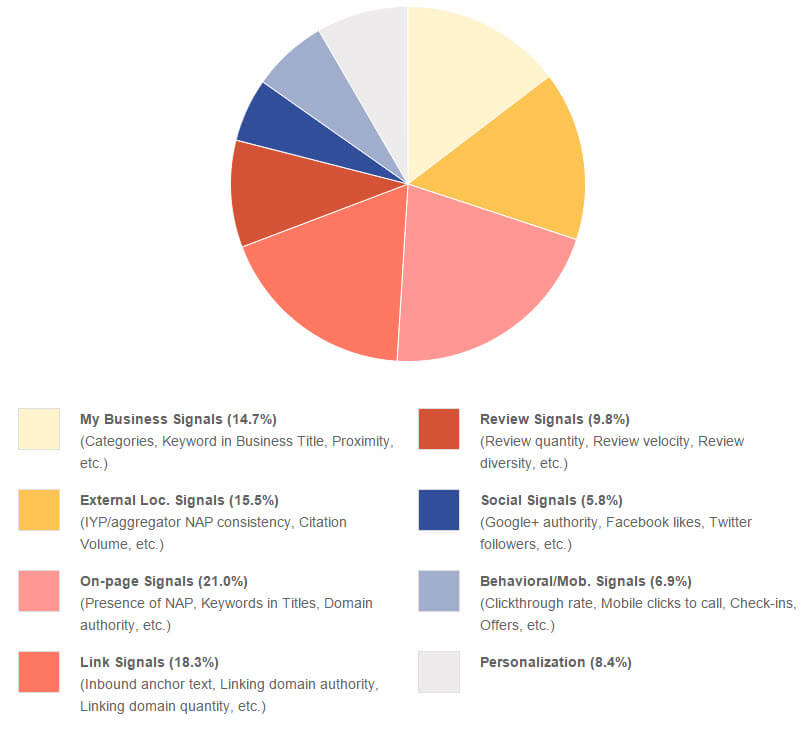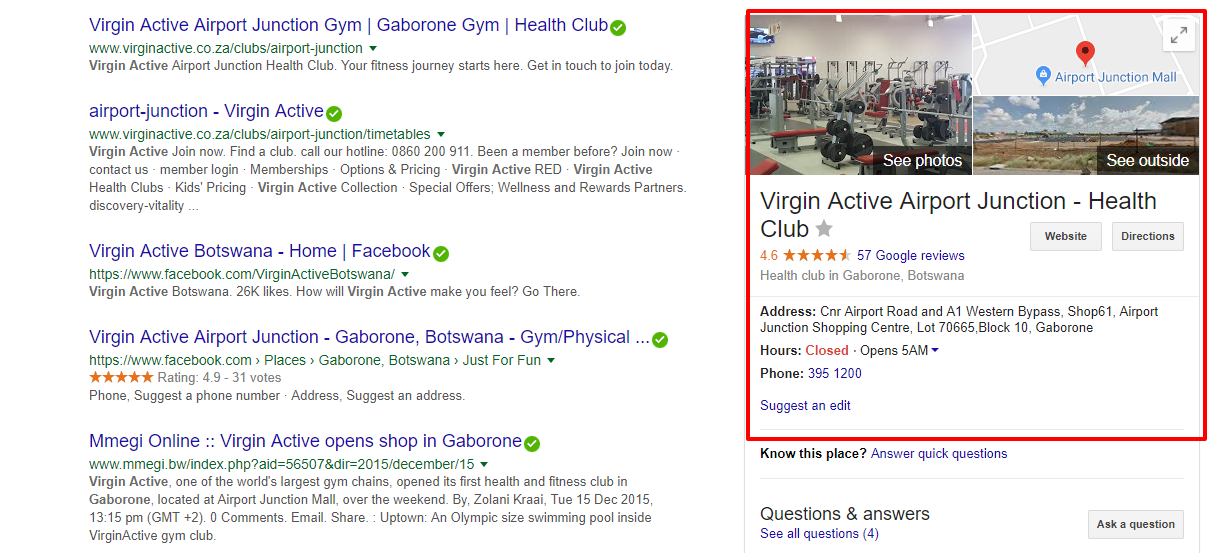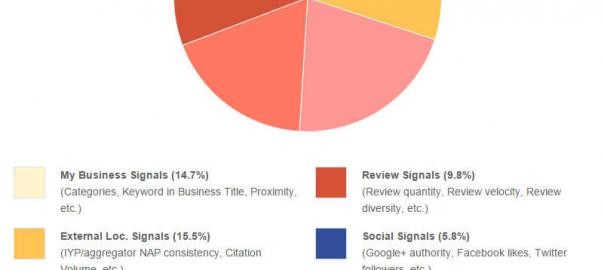— February 22, 2018
A decade ago, voice activated devices were just a figment of some wild scientist’s imagination.
But in the world of technology, anything can happen in 10 years. And it did.
Voice recognition systems, voice activated devices, and virtual assistants have revolutionized the world.
This is why your business should not get left out. No, not in developing voice technology, but in being discovered by means of voice technology.
I’m talking about voice search.
What Is Voice Search?

Voice search is a way of searching or browsing the internet by giving a voice command instead of typing in a query. This function can be used on both desktop and mobile devices, though it is more popular on mobile.
In its infancy stage, voice search was quite unpopular due to the fact that it got many words wrong (word error rate was high), leading to user frustration. Fast forward a few years and the word error rate is so low voice recognition software is close to flawless. This means Siri, Bixby, Cortana, or whatever assistant you use now understand you perfectly and will give you the exact information you require.
Why Is Voice Search Important?
According to Google, by the year 2020, more than half of the searches will be voice searches.
With the rise of mobile devices and the coming of age of IoT, voice search is quickly catching up to the traditional method of querying the net.
Why is all this data important? Why should you take voice search seriously? Because the future of SEO is in voice. But most importantly, people are using voice search more and more today. This is because voice search is fast, convenient and most importantly, “natural”.
And yet 62% of marketers are ignoring voice search.
If voice search is not part of your SEO arsenal, you will become as invisible as a ghost as long as search engines are concerned. You, my friend, can’t afford that.
6 Ways To Implement Voice Search In Your SEO Strategy

Now that you see the value of voice search, you are probably wondering how you can jump in on the action. Don’t worry, I’ve got you covered. Here are 6 things you can implement in your SEO strategy so as to be voice search ready.
#1. Make Sure Your Website Is Easily Crawl-able
Search engines are not human. In order for them to understand what your website is all about and its relevance to a user, you need to structure your website in a way they can understand. A few simple methods of doing this are:
- Schema markup. Schema markup is code you put on your website to understand what your website, pages and all content is about. This helps you rank better as the search engines understand your website better.
- XML sitemaps. An XML sitemap shows search engines the most important pages on your site. This makes it easy and fast for search engines to crawl your site.
- Site structure. A well structured site is easily crawl-able. Search engines easily pick the context of your content, helping give users relevant results.
- Audit your site for Mobile SEO compliance. Because most voice searches are carried out via mobile, you need to make sure that your site is optimized for mobile. You can use a tool like MobiTest.me to experience your website from a mobile user’s point of view.
All these are the foundations of a good voice search optimization strategy. When a user speaks their query, search engines will understand the content and context of your website, thus increasing your chances of showing up in the results.
#2. Create Conversational Content
People speak differently to the way they type. While “type based” search is all about keywords, voice search is more conversational in nature. Adapt your content strategy to match “natural language”. Your content must become more conversational.
This gives you a wealth of keywords that you can explore and rank for, especially long tail keywords.
A words of caution from Google Fred. Not all content is treated equally by the search engines. Thin content created for the sole purpose of keyword stuffing is being heavily penalized. In short, create content that is value packed. Content that is relevant, helpful, and worth sharing.
When Google’s Hummingbird update brought in semantic search into the SEO equation, it helped search engines understand user intent much better. When you create content, always keep the user in mind and build your content strategy around user intent.
In short, create conversational content.
#3. Add A FAQ Page
Most voice search queries are question based. A well structured FAQ page provides you an opportunity to increase keyword usage while solving user’s questions, concerns, and objections at the same time.
Now that’s something Google absolutely loves and rewards.
Your FAQ page is one of the most important pages on your website. Before prospects reach out to you, they usually visit your FAQ page. It is just common sense that you include it on your website, and do it right.
The trick with FAQ pages is to make them as natural as possible. If your customers send you questions, include them and the answer in your FAQ page.
#4. Reviews
People love reviews.
So do search engines.

According to the above research by Moz, online reviews contribute a whopping 10% to how search engines rank sites. The simple logic behind this is that reviews influence buyer’s decisions. 90% of shoppers report that reviews help them make a choice when shopping for something online.
A major ranking factor when it comes to content is relevance. And no content is more relevant than reviews – content for the people by the people.
If you don’t have a system of collecting reviews for your site, now is the best time to start. When it comes to SEO, 10% is a big percentage you can’t afford to miss.
#5. List Your Business On Google My Business (And Other Online Directories)
Google My Business (GMB) is a free service from Google that allows you to list your business in their business directory. Listing on GMB allows search engines to know what your business does.

Add photos of your business (has more impact), directions, contact details, and even reviews. In fact, if it concerns your business, you can include it. These small details help search engines pull up relevant results for the user.
All these are strong SEO pointers that you can’t ignore. After all, every drop of SEO Juice counts.
The power of the GMB (and other online business directories) listing is that it bolsters your local SEO – which we will talk about next.
#6. Optimize For Local SEO
Most voice searches are location specific. For example, “Where is the nearest Walmart Store?” As long as your location settings are on, Google will give you results based on where you are.
Speaking at an SMX West presentation, Benu Arggawal stated that 82% of all mobile search is local. Not only that. 50% of those who make local searches visit the store within 24 hours. The implication is that only business optimized for local SEO will be found by searchers. More so voice search. Are you one of them?
Voice Search: Here To Stay, Are You?
There is no escaping it. Voice search is here to stay and you have to adapt to it. Not only is it convenient, fast, and reliable it is also cool. And the cool factor is driving more and more users to employ voice search over typing out their queries. The question is, when users speak, is your website ready to answer? If not, your stay on the top SERPs is cursory.
Voice search. It’s here to stay. Are you?
Digital & Social Articles on Business 2 Community
(73)






